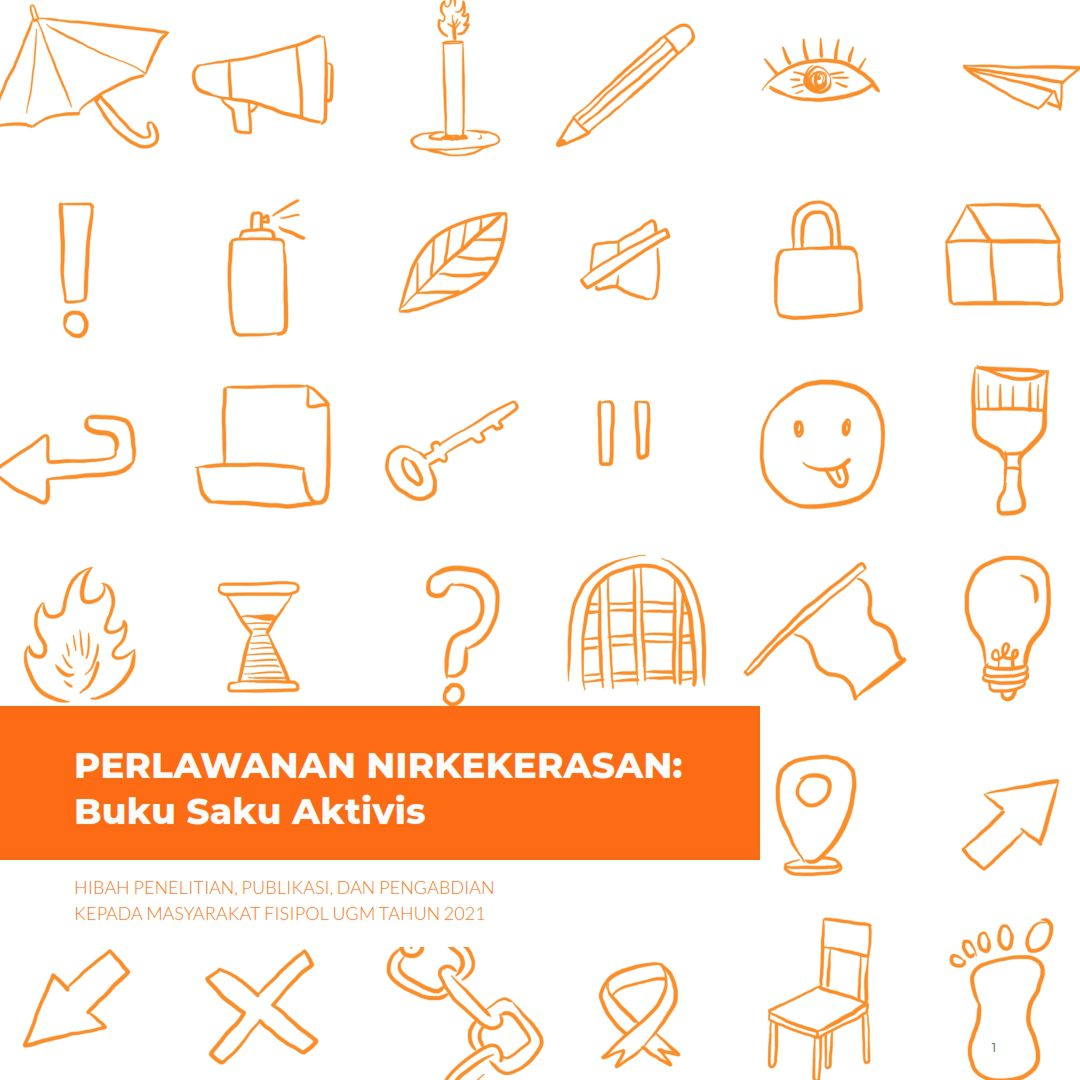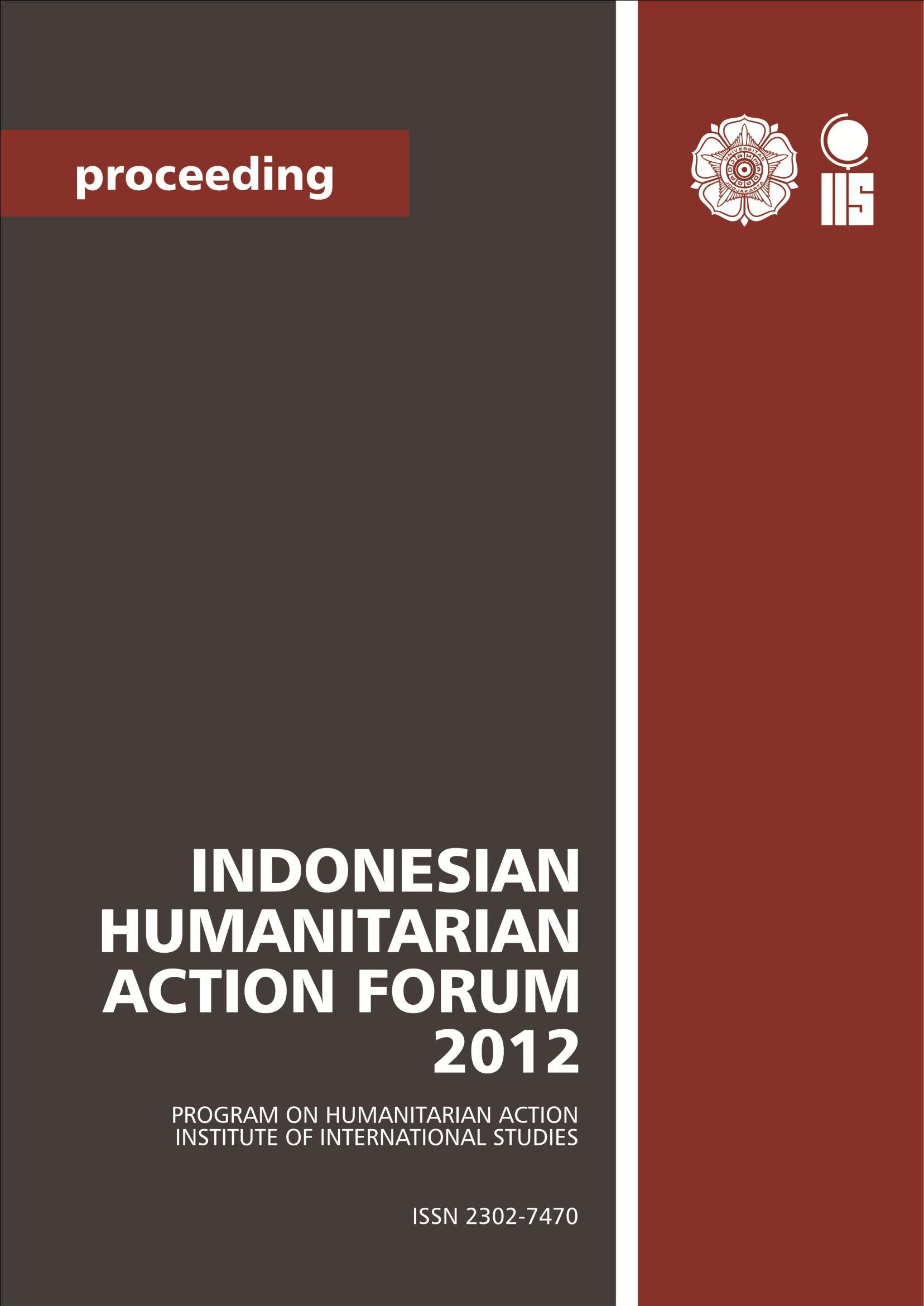Our fourteenth edition of Fortnightly Review is out now! Articles featured in this edition are:
• India to Revoke Controversial Farm Bills: The Triumph of Farmer’s Nonviolent Agitation (F.T. Anindita)
• “The People are Stronger, and Retreat is Impossible”: Sudan Anti-Coup Protests (Still) Rock the Streets (F.T. Anindita)
• EU’s Assertiveness Towards Carbon Limitation Policy: ETS and CBAM (A. Nathaniel)
• The Philippine Sea: An Intensifying Dispute After China Opened Another Fire (C.V Winona)
Access the review through http://bit.ly/FRW2November










